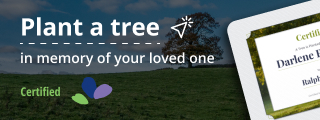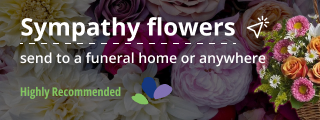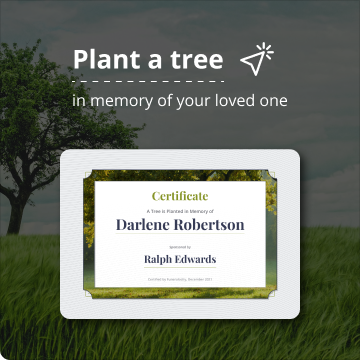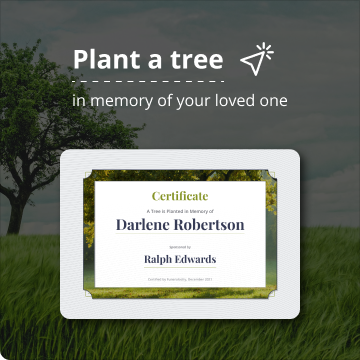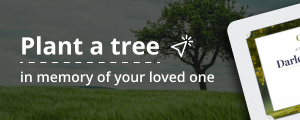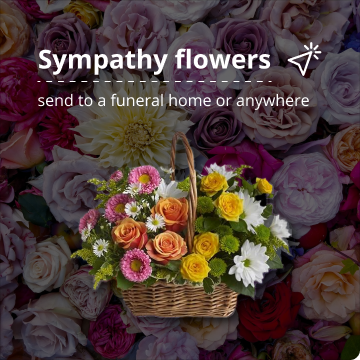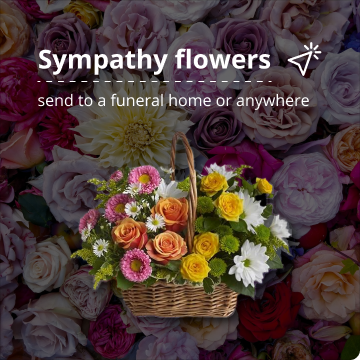
by Amanda Winstead
More people today are choosing to hold wakes in nontraditional spaces. Instead of gathering loved ones in a funeral home, families are hosting celebrations of life at restaurants, country clubs, community centers, and their own homes.
However, nontraditional wakes usually don’t forgo the need for funeral care professionals. Providing a professional guiding hand through funeral proceedings is still just as important as ever, and licensed funeral directors are still needed for burials and cremations.
As modern mourners move away from traditional venues, funeral professionals can adapt their approach to provide a service that is tailored to the needs of every family.
Secular Wakes
While some people still want religion to be a central part of funeral proceedings, many are opting for secular wakes. In the past decade, those who report having no religion have overtaken Catholics, mainline protestants, and all other followers of non-Christian religions.
In response, funeral care providers should be equipped to understand and provide high-quality celebrations of life that hinge on shared love and remembrance. Oftentimes, this means that funeral care providers should be equipped with a shortlist of ideas to help guide grieving individuals through their options. Popular choices include:
- Video tributes
- Memorial road trips
- Tree planting and green burials
Ideally, any suggested event should give people a chance to mourn and celebrate as they see fit. For this reason, it may be a good idea to hold events on “neutral” ground that suits the occasion but gives everyone room to reflect and celebrate as they see fit.
Organizing a Nontraditional Wake
Organizing a nontraditional wake can be tricky. Unlike traditional wakes, there is often a high degree of customization and individual preference needed to host a nontraditional celebration. Funeral care providers need to be up to the challenge of nontraditional wakes before committing themselves to a service that they cannot reasonably provide.
Organization is key when undertaking a complex nontraditional wake. Without clear organization, mourners may become confused and frustrated on the day of the service. Funeral care professionals should be there to preempt any conflicts in the schedule and provide gentle, experienced guidance at every step.
Keeping everything straight when planning a nontraditional wake can be a challenge. A decision tree can be used to help map out events and key moments during the day. A good decision tree ensures that all parties are on the same page and can help organizers see the outcome of their decision before it’s too late to change. This can be particularly important when choosing a venue, as no one wants to face accessibility or legal challenges on the day of a wake.
Assessing Accessibility
Nontraditional wakes are often held in unusual spaces such as family homes or converted barns. While this can add a meaningful flavor to the event, funeral care professionals must ensure that the space is accessible for all attendees before agreeing on a space to host the wake.
Funeral directors should work with the family to ensure that the outdoor space is accessible or adaptable long before the day of the funeral. Fortunately, many outdoor spaces can be modified to improve accessibility. Portable ramps and scooter lifts can be installed with relatively short notice and with maximum discretion.
Of course, the type of accessibility required largely depends on the attendee’s needs. For this reason, consider prompting the family representative to reach out to attendees and find out if they have any accessibility needs. While this should cover most of the bases, it’s still a good idea to bring any accessibility aids to the wake just in case an attendee failed to communicate their needs.
Legalities and Permission
Hosting a wake at a loved one’s favorite bar or restaurant is a lovely idea. However, some states have strict restrictions on where and how a wake can occur. Likewise, many states have legal requirements as to how a cremation may occur and the equipment that must be used during the proceedings.
Before signing up for a nontraditional wake, walk the family through all of the shared legal requirements. This will ensure that the family will realize their vision for the wake while following state law.
When booking a space for a wake, be extremely clear and forthright with building owners before you sign any contracts. While many building owners are happy for their space to be used as a venue, some will be less inclined to host a celebration of life. Clear communication can avoid any awkward exchanges before, during, or after the day of the wake.
Conclusion
Nontraditional wakes are gaining momentum across the nation. Funeral directors can tailor their service to better suit modern mourners by getting up to date with state law, double-checking accessibility standards before the day of the wake, and offering services like green burials that may appeal to a secular audience.
Amanda Winstead is a writer from the Pacific Northwest. Follow her on Twitter.


